Tech as Religion: The Urgent Call for a Reformation
In today’s rapidly evolving technological landscape, it seems we are increasingly worshipping at the altar of technology. This claim may sound provocative, but it’s one that reflects a growing realization among critics of Silicon Valley and its pervasive influence on almost every facet of modern life. Our reliance on technology, from the moment we wake up until we fall asleep, has led some, like humanist chaplain Greg Epstein, to suggest that today’s tech culture functions like a global religion, complete with prophets, doctrines, and even a vision of heaven and hell. In this article, I will explore how technology has become a kind of “tech religion,” why it urgently needs a reformation, and how we can approach this transformation with both skepticism and hope.
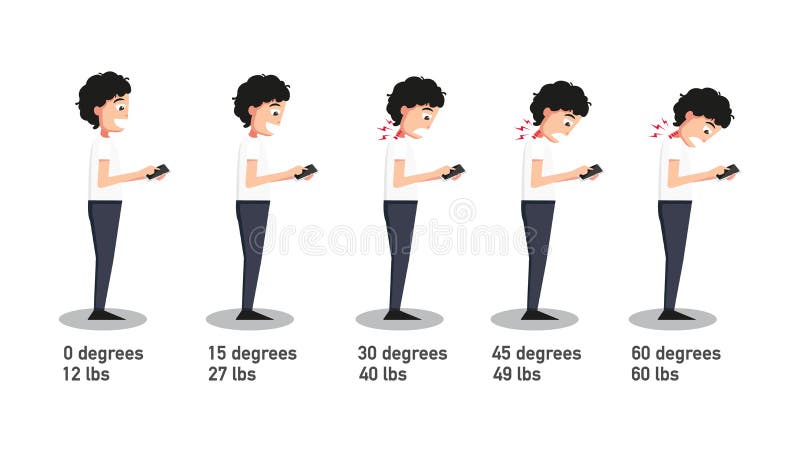
Is Technology the World’s New Religion?
Religion, for many, provides a structure through which we navigate life’s deeper questions: What is the purpose of life? What should we strive for? How do we face life’s challenges? Interestingly, technology has begun to offer its own “answers” to these age-old questions. Silicon Valley pioneers like Elon Musk and Mark Zuckerberg have outlines, intentional or not, for a type of “technological savior” who will lead humanity to a brighter, more efficient future. From this lens, the figures propagating advancements in AI, blockchain, and quantum computing resemble modern-day prophets advocating for societal breakthroughs through tech.
“In this new ‘religion,’ technology assumes the role of savior and judge, with Silicon Valley as its sacred powerhouse.”
This shift is eerily reminiscent of historical religious movements, and the promises of salvation and betterment often mirror theological constructions. For instance, Musk often speaks of escaping a doomed Earth, colonizing Mars, and safeguarding humanity’s future—a vision of a tech-based “heaven.” Meanwhile, the potential dangers that emerging tech might unleash, from environmental degradation to runaway artificial intelligence, fill the role of “hell” in this new narrative.
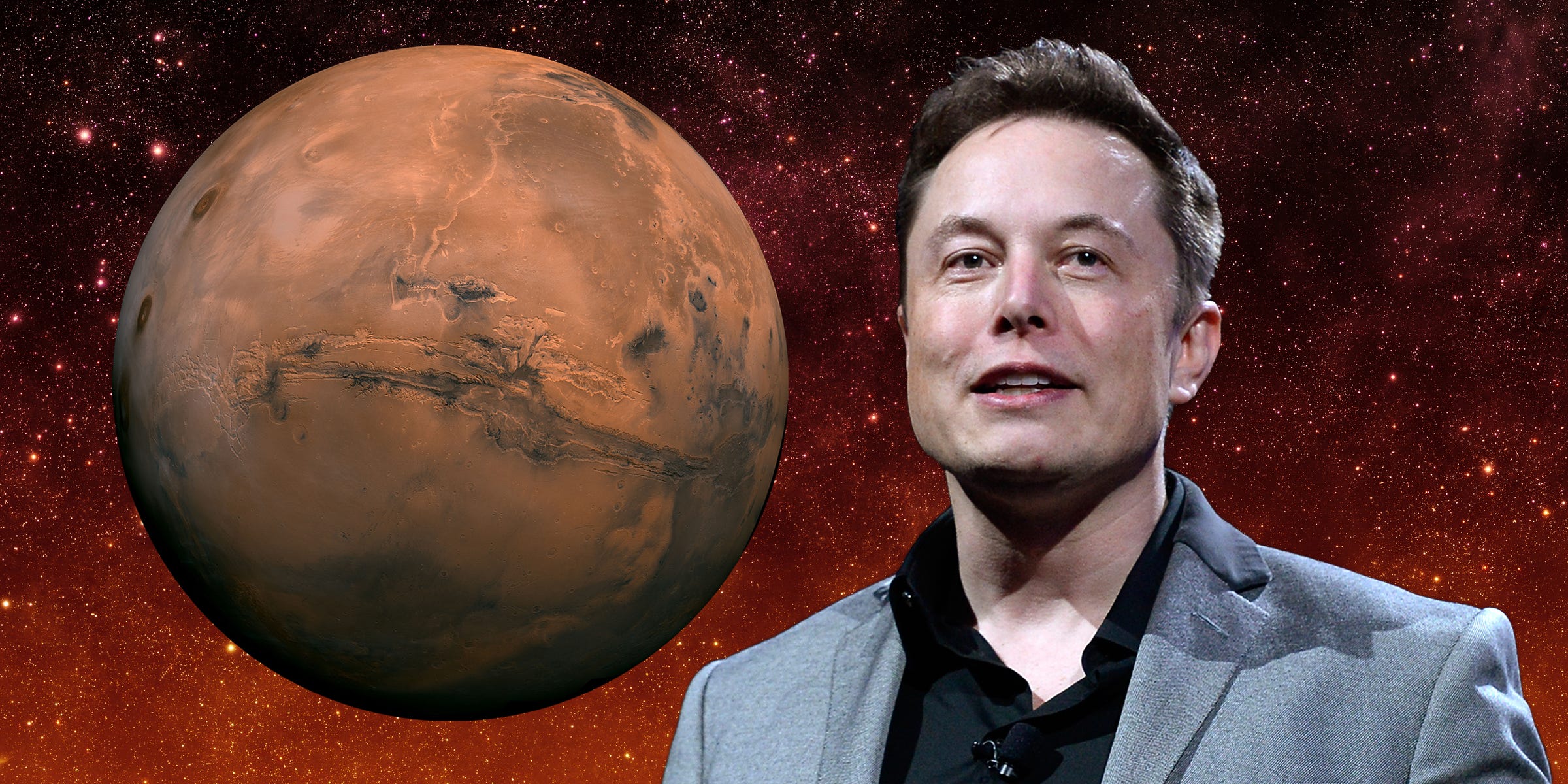
The Theology of Tech: From Prophets to Apocalypses
This new religion embraces many of the same principles seen in traditional theology, except the language has evolved. Terms like “heaven,” “hell,” and “prophets” find new meaning within the technological paradigm:
- Prophets: Visionaries like Musk and Jeff Bezos are seen as visionary tech prophets, leading us toward salvation or dominance among the stars.
- Heaven: The ultimate future state where humanity, enhanced by AI, colonizes new worlds and achieves immortality through digitization and other speculative advancements.
- Hell: The dystopian outcomes where unchecked AI leads to mass unemployment, privacy invasions, and possibly existential risks like AI dominance or environmental collapse.
The “holy texts” in this religion might be the business plans and product roadmaps of major tech companies, while their “rituals” are the never-ending launch events, tech conferences, and the continuous tweaking of algorithms that many interact with hundreds of times daily. I recently dove into this topic in an earlier blog post, “Bridging Science and Faith: Understanding Consciousness After Death”, where I explored how the mysteries of human consciousness influence our grasp on both technology and faith.
Skepticism is Crucial: Facing the Dangers of Tech
While technology has brought undeniable advancements, from medical breakthroughs to global connectivity, we must critically assess its impact. Epstein, in his metaphor of tech as religion, highlights how the very structure of this belief system requires ongoing scrutiny. Just as the Reformation was a response to the flaws of the medieval church, we now need a technological reformation—one that addresses the inequalities, unsustainable exploitation, and capitalistic overreach embedded in today’s tech culture.
| Tech Religion Aspect | Social Impact | Need for Reformation? |
|---|---|---|
| Prophets & Control (Tech Leaders) | Unequal concentration of power and influence in companies like Facebook and Google | Urgent reform needed for balanced governance |
| Heaven (Future Utopias) | Future of humanity painted as a tech-driven utopia, while ignoring present socio-economic inequities | Yes—Redistribution of resources for global good |
| Hell (AI Catastrophe) | Potential AI-driven existential threats if left unchecked | Stronger ethical guidelines and international cooperation |
“The problem isn’t necessarily the tech itself, but the unchecked capitalism and ethical oversight that perpetuate a blind faith in tech as the deliverer without scrutinizing its harmful consequences.”
We’re not suggesting we abandon technology wholesale, but rather that we embrace skepticism (effective skepticism should be a feature of any healthy society). Similar to how modern science subjects claims to rigorous testing, we must subject tech advancements to ethical scrutiny, ensuring technology serves humanity and not the other way around.
What Does a Tech Reformation Look Like?
The necessity of a tech reformation does not mean we reject technological progress altogether. As Christians and as stewards of the Earth, we can both celebrate technological achievements and critique the excesses they are enabling. This perspective resonates with the foundations of my own spiritual path, where moments of doubt led me to deeper understanding; similarly, doubting that tech is inherently redemptive paves the way for controlling its adverse effects. In this narrative, we must become the informed Skeptics—the Heretics willing to critique tech excesses and the priests calling for change.
Reforming the current tech landscape may involve the following:
- Redefining Purpose: Like the Christian faith reminds us that worldly riches are not the ultimate goal, we should redefine tech’s purpose to serve people over profits. This includes prioritizing the marginalized—women, people of color, and underprivileged communities.
- Values Over Capital: As tech companies continue to amass power like historical empires, we must advocate for ethical AI frameworks and regulations that reflect more humane values, including equity and justice.
- Transparency: We need a transparent governance structure that holds big tech accountable. Just as theological debates shaped communities of faith, open discussions about the societal impacts of technology can help guide its ethical future.
Conclusion: Embrace Skepticism as a Path to Progress
In my journey, facing adversity often propelled me toward deeper faith; similarly, engaging critically with technology offers us an opportunity. By embracing skepticism, we become agents of change, reforming a tech landscape that promises prosperity, but only if it’s shaped by the right values. Through conversations within communities and ethical frameworks, we can build a future where technology reflects the best in humanity. To continue diving into this intersection of faith, science, and morality, I recommend reading the article, “The Principle of Good Explanation: Bridging Science and Faith for Deeper Understanding.”
Together, we can ensure technology serves as a tool for human flourishing, rather than a new power we’re beholden to.
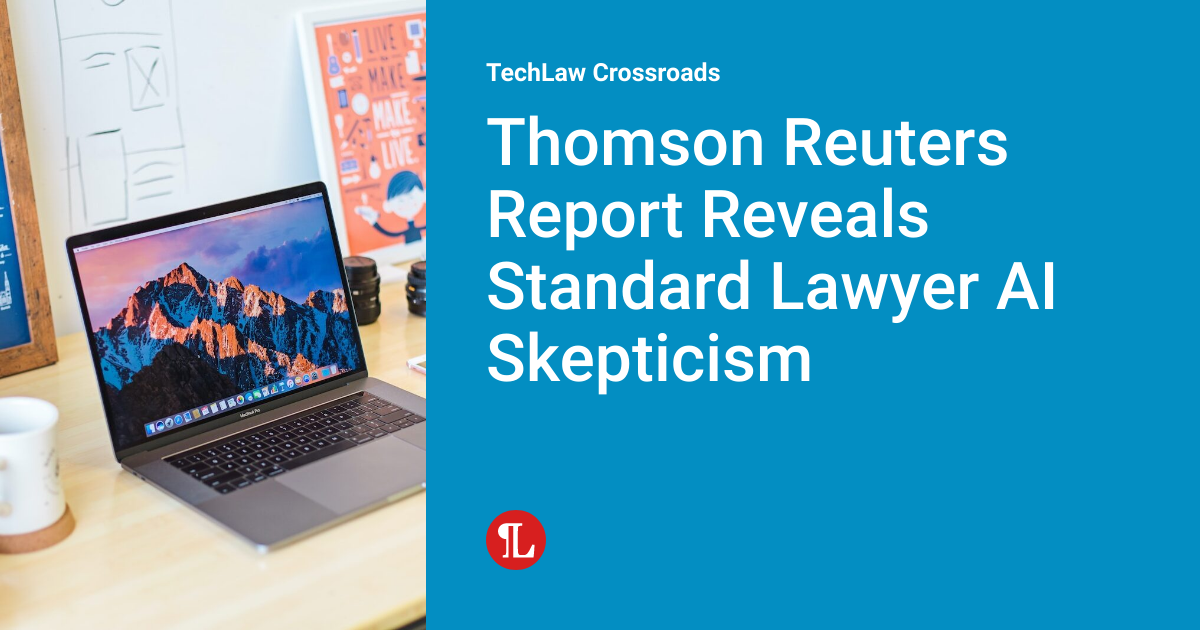
Focus Keyphrase: Tech Reformation
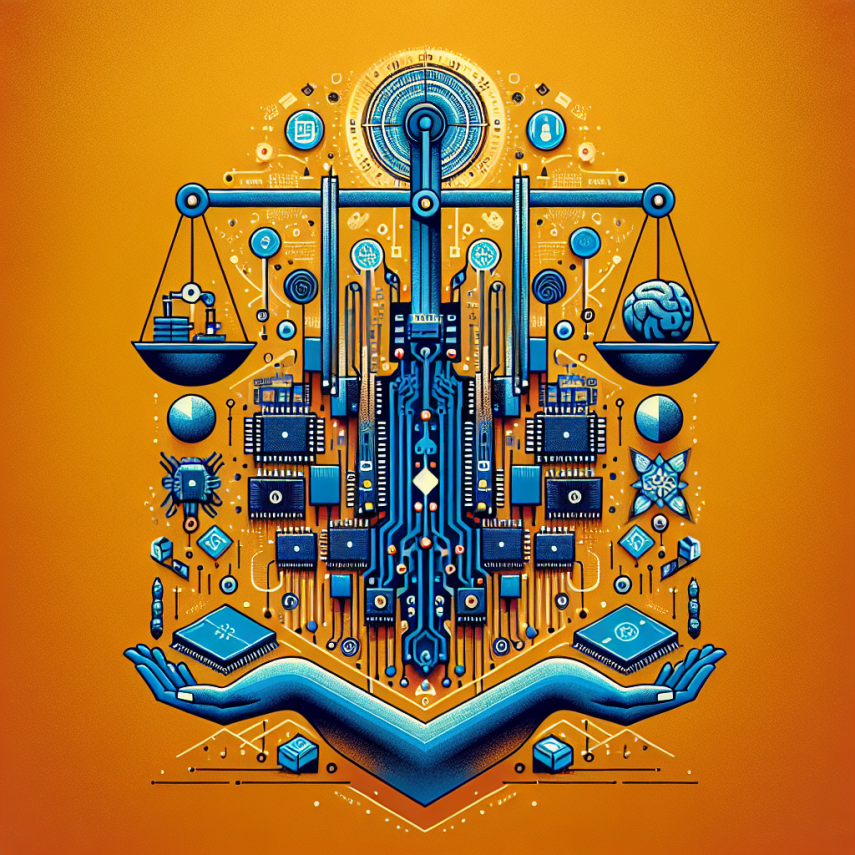
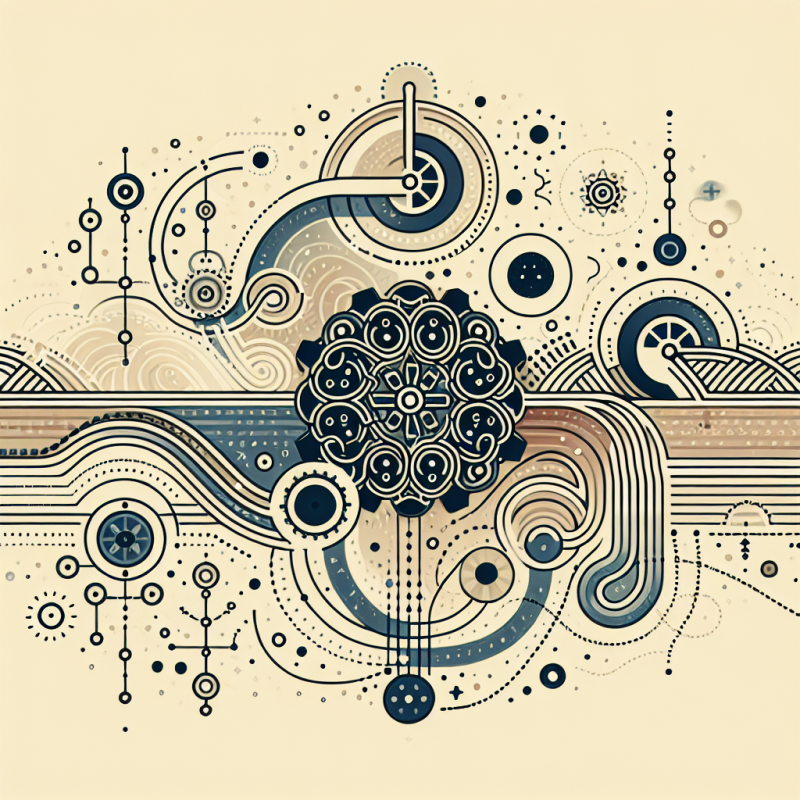
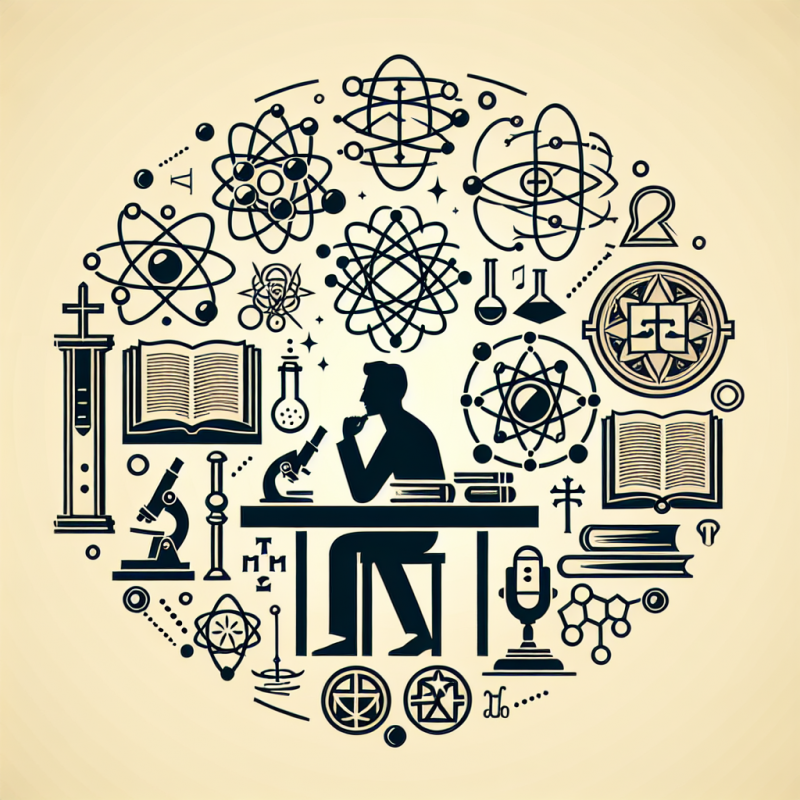
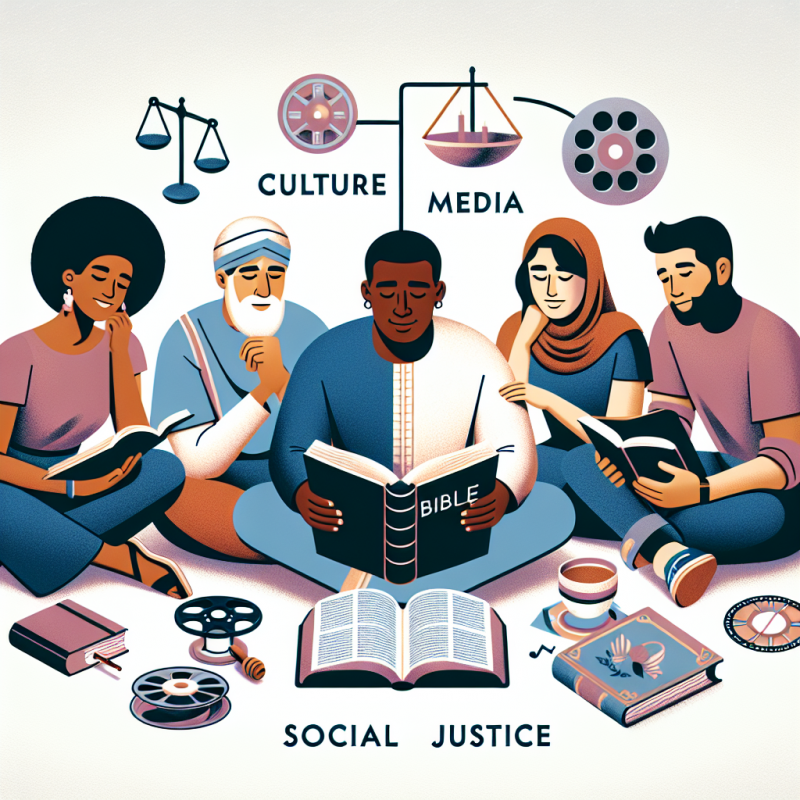
The piece definitely hits something I’ve thought about—tech leaders are treated almost like prophets with little accountability. But where do we draw the line? Critique is necessary, but real change feels out of reach. –Jordan Lee
The parallels between technology and traditional religion are profound. We’re not asking to abandon tech, but rather to scrutinize its impact, just as we would any belief system. –David M